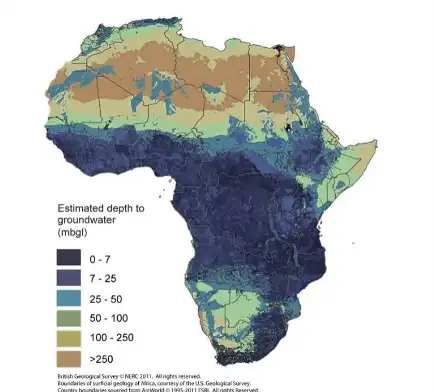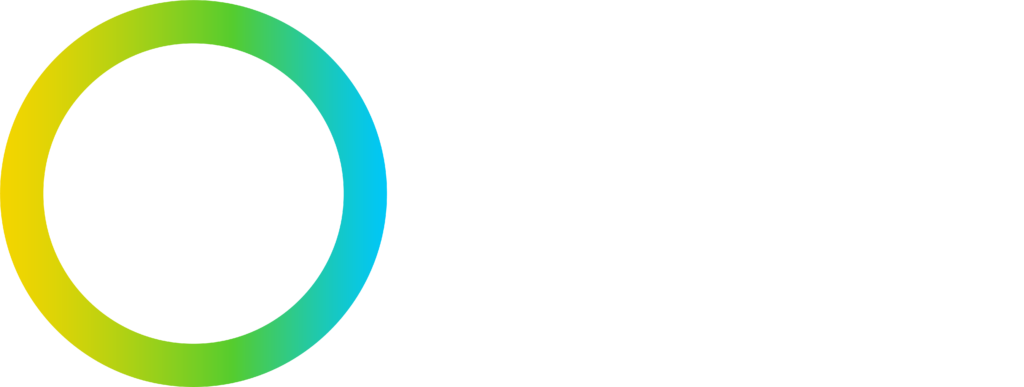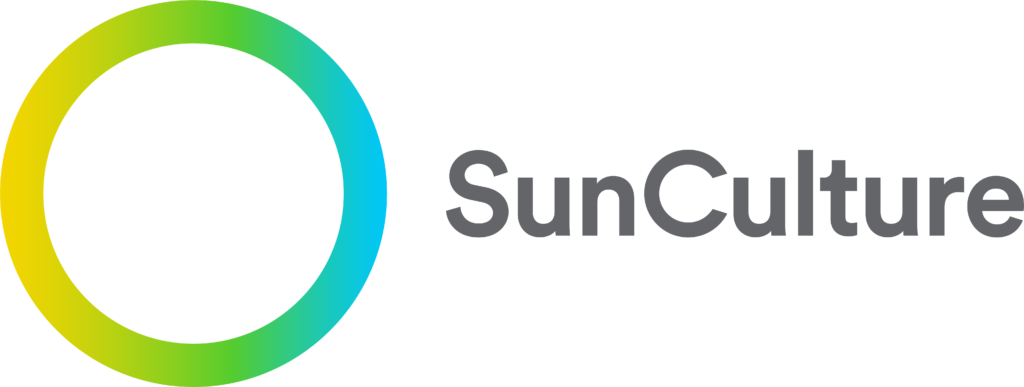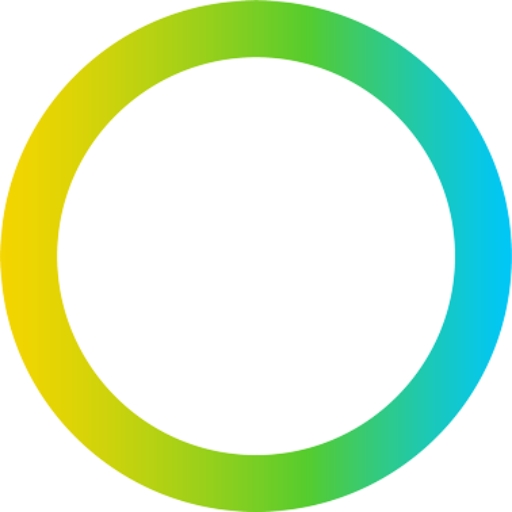At SunCulture, we strive to solve the biggest daily challenges of smallholder farmers. We use off-grid solar technology to provide our customers with reliable access to water, irrigation, lighting, and mobile charging, and we can do all of that with a single system.
Our most popular products combine solar water pumping technology with high-efficiency drip irrigation so farmers can grow more while spending less. Our solar irrigation pump product packages include everything that is needed to get started, including a consultation, installation services, training, and ongoing customer support should you have any questions or issues. With SunCulture, you can increase your crop yields by 300% and reduce your water usage by 80% with a simple push of a button.
We also offer a Pay-As-You-Grow option that allows you to pay in small monthly installments. We have high standards of quality for both our solar pumps and services. Head over to our Case Studies page to hear directly from our happy customers, then give us a call!
Providing Value To Our Clients Through Ongoing Product & Innovation.
Our Vision
To build a world where people take control of their environment in rewarding and sustainable ways.
Our Mission
To develop and commercialize life-changing technologies that solve the biggest daily challenges of the world's 570m smallholder farming households.
A real need
65% of the world’s unused arable land
65% of the world’s unused arable land is in Africa. This is due to poor irrigation infrastructure.
50% lower production yield
Africa has low production yields, 50% below world average. This is a also direct result of lack of irrigation.
High food insecurity
Under usage of water results in Africa spending $35.8 billion importing food. This is expected to reach $110 billion by 2025

An attractive ecosystem
Abundant water resources
Abundant and cheap solar power
Abundant solar resources paired with falling costs of solar panels and lithium batteries enable affordable access to electricity.
More data, better farms
Massive opportunity to apply data enabled by IoT sensors and analytics software to enable precision agriculture and increase in yield.
Multiple needs beyond farming
$40 a month spent on dirty fuel cooking – wood, charcoal, kerosene – (and large health hazard) due to lack of access to sufficient solar power.
Achievements to date
- 2017: Launch of breakthrough RainMaker1 solar water pump system.
- 2018: Full launch of PAYG financing offering and expansion of sales through distributors to multiple SSA countries; investment secured from EDF; roll out of Sales & Service Centres (“SSCs”) and development of proprietary IT systems.
- 2019: Launch of RainMaker2 (c. 2x flow rate of RainMaker1) and ClimateSmart (IoT connected, remote monitoring, ability to power a range of 12v & 24v appliances); Launch of ClimateSmart Direct and Direct Drip.
- 2020: Launched ClimateSmart + TV offering. This is the first time SunCulture has offered a power system without a water pump
- 2021: Initial launch of My SunCulture digital platform to provide SunCulture’s first smartphone ready digital platform
How we lift smallholder farmers up the productivity ladder with an IoT-enabled and financial platform
1.

Due to the yield gap, African farmers can’t participate in the consumer market
There are 600 million people living in smallholder farming households in Africa. Their productivity is 50% lower than world average because they practice rainfed agriculture. Rainfed agriculture results in low yields, low value crops grown, and no harvest during dry seasons. As a result, rainfed farmers’ average income is just $600-$1,000/year. They are also one failed rainy season from financial insecurity and are consequently unable to invest in their farms. Farmers also lack access to information: accurate weather forecasts, optimal planting & fertilization timing, and pricing information.
2.

Irrigation is key to close the yield gap. It increases yields by 2-5x. A massive $65bn market
Only 4% of farmland is irrigated in sub-Saharan Africa despite abundant groundwater. Irrigation is the most cost effective way to get smallholder farmers up the productivity ladder, as it increase yield by 2-5x with minimal investment and behaviour change. Irrigation doesn’t just mean increased yields, it means security of a harvest, multiple harvests a year, and the ability to grow more valuable crops and increase land under cultivation.
3.

SunCulture sells affordable IoT-enabled solar irrigation, bundled with services & financing
SunCulture sells affordable IoT-enabled solar irrigation equipment bundled with tailored advice and generates unique intelligence around usage/needs. Its IoT connected energy management system brings precision farming (e.g. hyperlocal highly accurate weather forecasts) to smallholder farmers for the first time, and it is rolling out soil sensors/weather stations to further improve the information available to its customers. It also provides consumer financing, making its solution even more affordable.
4.

When scaled, SunCulture’s unique data set & analytics will be valuable to lenders and more
Customer IoT data will be used to analyse customer behaviour patterns to understand repayment ability/profiles and allow SunCulture to develop and upsell a range of higher value productive appliances. SunCulture’s weather model and potentially in the future yield models, as well as data such as water table depth maps, represent highly valuable data to lenders and insurers, and other players across the agricultural and environmental value chain.
What our customers say
“Before the pump, I would rely on municipal water which was only available twice a week and this was not reliable for farming. After purchasing the pump, I drilled a borehole which now makes me plant all year round because of plenty water”
“Farming has improved as I can plan of what to plant all year with crop rotation, and intercropping ensuring that my land and soil is maximally utilised.”
“I have been able to access more water for irrigation and this has prompted me to also seek information on farming and now I practice farming with better returns, for example organic farming for export”
Collected by 60dB, december 2021


